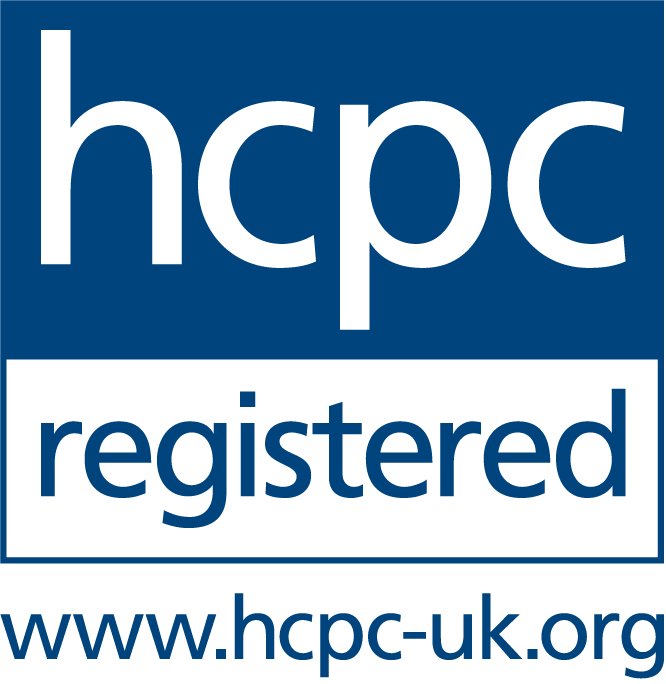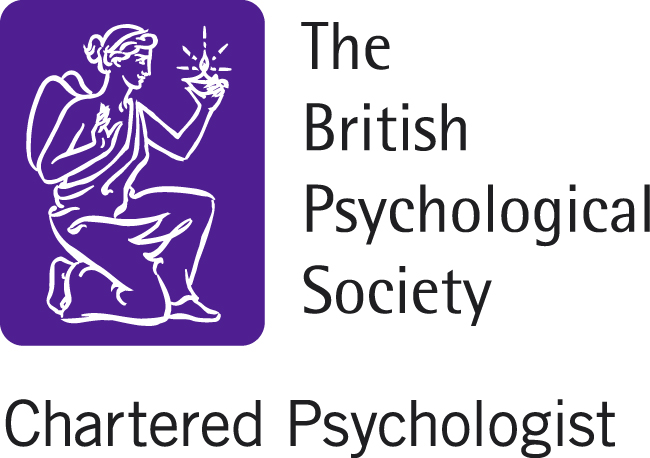Why Parental Guilt isn't Always the Truth, and What it Might Really Be Saying
Introduction
If you’re the kind of parent who reflects deeply, loves fiercely, and is doing everything you can to support your struggling teen — yet still finds yourself lying awake thinking, “Am I getting this wrong?” — you’re not alone.
Parental guilt is incredibly common, especially when you’re supporting an anxious or neurodivergent child. But that doesn’t mean it’s always telling the truth.
Let’s explore what guilt might really be about — and how to meet it with kindness, not criticism.
What Is Parental Guilt?
Parental guilt is often described as the inner voice that shows up when we believe we’ve fallen short of our values or responsibilities.
But in practice, especially for reflective, emotionally attuned parents, guilt often takes on other shapes:
- “I should have noticed their anxiety sooner.”
- “I get snappy when I’m exhausted.”
- “I want to be more patient, but I’m running on empty.”
These aren’t signs of failure — they’re signs of overwhelm, grief, and deep investment. You care. That’s what guilt is pointing to.
The Deeper Emotions Behind Guilt
What I’ve seen time and again — both professionally and personally — is that guilt can act as a mask for other emotions:
- Grief for the kind of parenting you hoped to offer
- Sadness about your child’s struggles or missed experiences
- Powerlessness in the face of systems that don’t support them
- Fear about their future — and your role in it
Guilt often emerges not because we’ve done something wrong… but because we feel so much and don’t know where to put it.
So What If the Guilt Isn’t True?
Here’s a powerful reframe:
Guilt doesn’t always mean you’ve failed.
Sometimes, it means something matters deeply to you.
What if you stopped interpreting guilt as a sign that you’ve gone off course — and instead saw it as a moment to offer yourself compassion?
A Simple Practice: What Would a Kind Friend Say?
Next time guilt shows up, try this:
- Write down the guilt-laced thought (e.g., “I’m not doing enough”)
- Ask yourself:
“What would a kind friend say to me right now?”
You might hear something like:
- “You’re doing your best in an impossible situation.”
- “You’re allowed to be human.”
- “Of course this feels hard — it is hard.”
This gentle voice is not an excuse — it’s a bridge to clarity, resilience, and real change.
What Helps More Than Self-Criticism?
You don’t need more strategies or to-do lists. What most parents need — especially those parenting anxious or neurodivergent teens — is permission to:
- Pause without shame
- Make mistakes and repair
- Ask for help
- Accept their limitations without losing their self-worth
When we support ourselves with the same care we offer our children, everything softens.
Final Thoughts: You’re Not Getting It All Wrong
If guilt is whispering that you’ve failed…
Let this be the louder voice:
You’re here.
You care.
You’re trying, over and over.
And that is what your teen needs most.
Need More Support?
Subscribe to my newsletter for weekly emails that are honest, research-informed, and kind. Just like this one.





